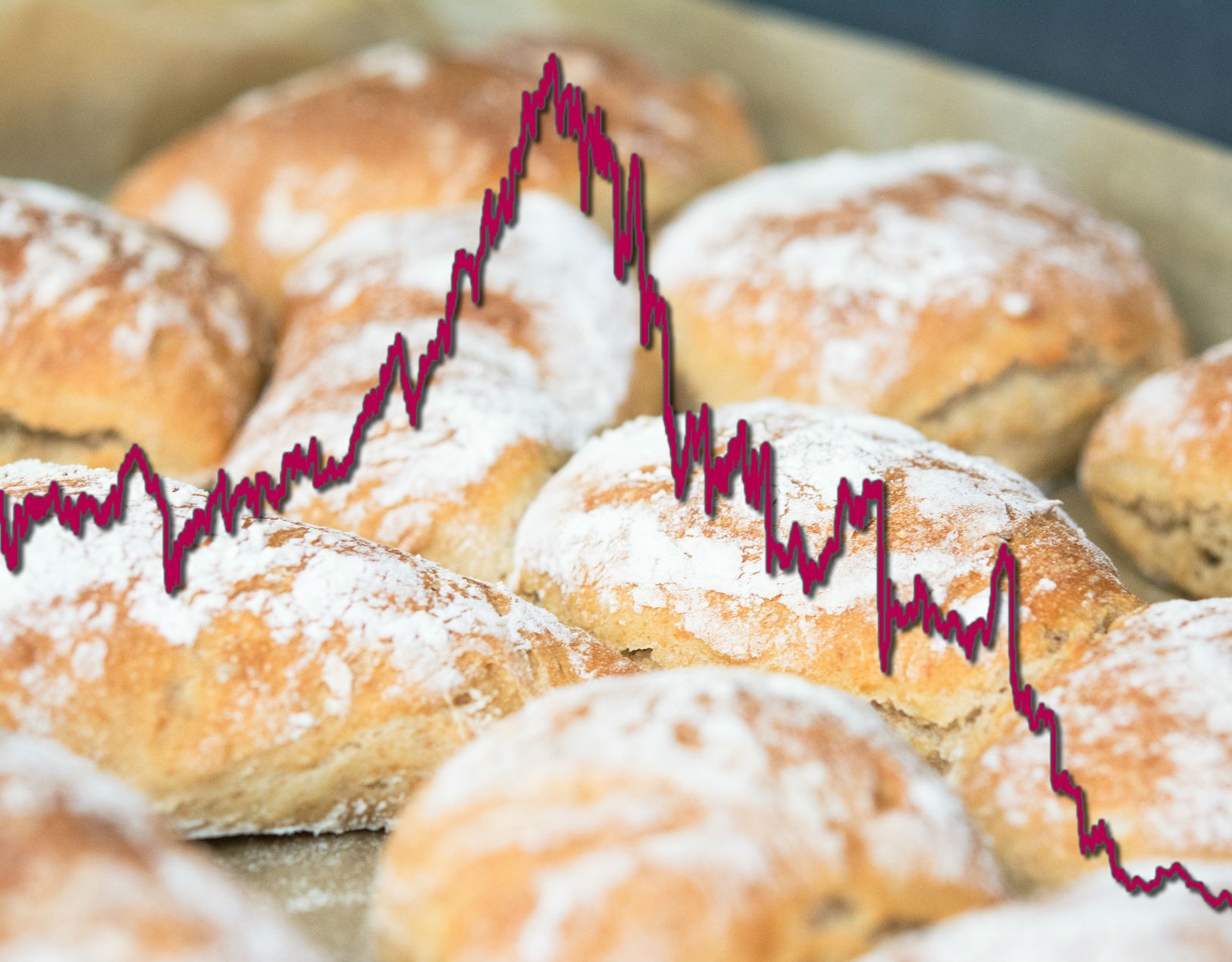One year ago, Aryzta’s new CEO, Kevin Toland, announced an emergency €800 million capital raise, severe cost cuts, and the sale of non-core assets. These were the three planks in his plan to save the company by bringing Aryzta’s giant debt under control. This morning, with the release of Aryzta’s 2019 results, we got our first look at whether Toland’s plan is likely to work. We learned revenue is down 1.5 per cent (flat if disposals are excluded); the US is still lagging; progress is being made on margins, and operating cash flows are above expectations. Lots to take in.…
Cancel at any time. Are you already a member? Log in here.
Want to read the full story?
Unlock this article – and everything else on The Currency – with an annual membership and receive a free Samsonite Upscape suitcase, retailing at €235, delivered to your door.

